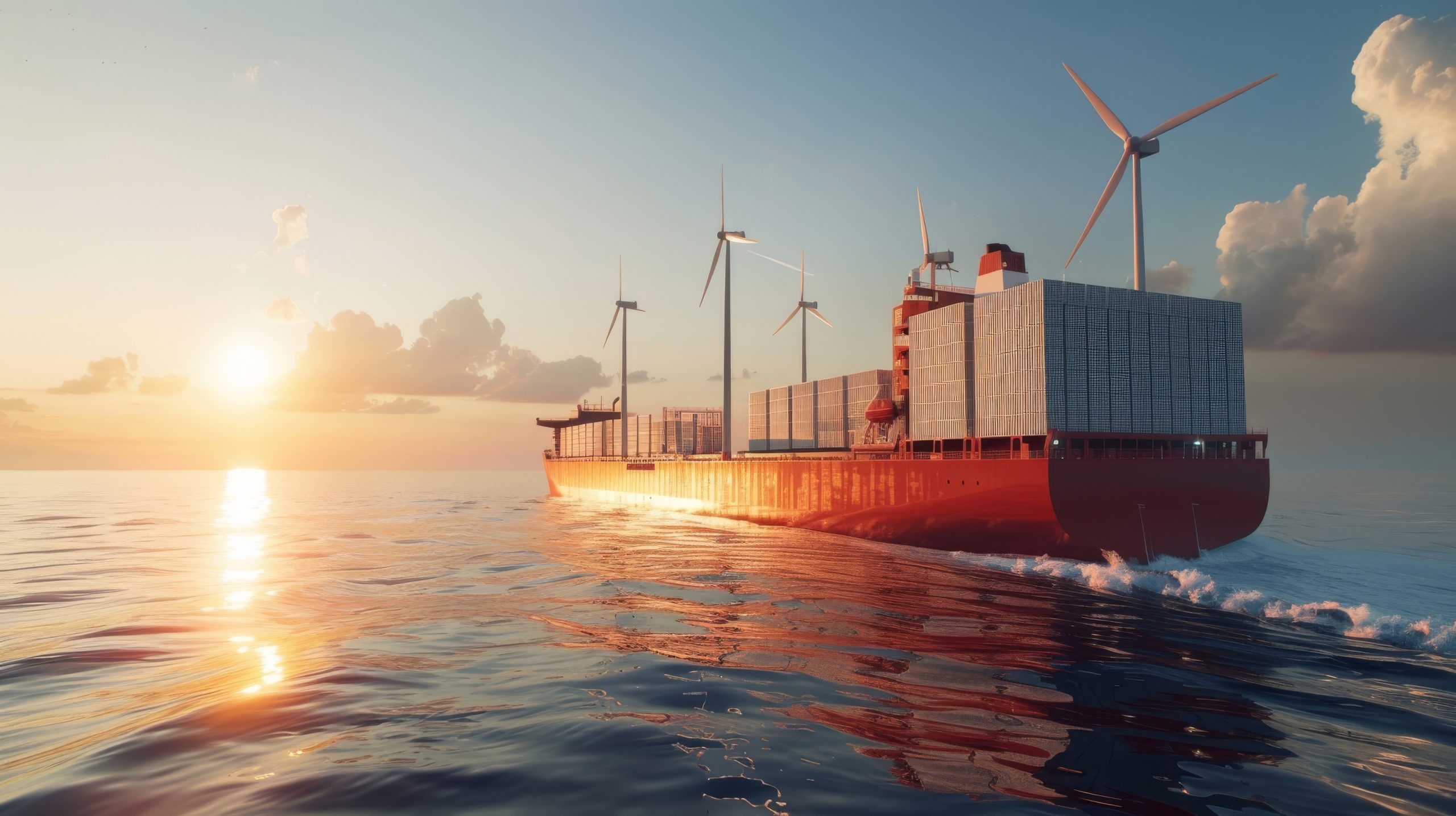Michael Grey*

Are you suffering from “technostress?” It is an interesting term, which perfectly encapsulates the mentality of modern mankind, with manifold anxieties which were unknown to our predecessors. I thought of this worrying state of mind after reading a report provided by ISWAN and the Shipowners’ Club on The impact of maritime decarbonisation on wellbeing which surveyed mental health and job satisfaction of the seafarers who find themselves on the front line of environmental change. Undertaken last year, the survey, which gave rise to 400 valid responses from 29 different nationalities of seafarers, may not have been large, but its responses might be considered wholly authentic.
While everyone supports the principle of decarbonisation (isn’t the science settled?) and probably would not confess to a less enthusiastic reaction, there is a lot of concern about what it really means for those who will be fronting up to the regulators and officials demanding the data when a ship reaches port.
There are worries about the consequences of errors made by people with a lot of other conflicting responsibilities and not enough hours in the day to do all the work. The possibilities of criminal sanctions were clearly in the minds of some, who have maybe read about or seen bad things happen to those who have broken environmental regulations, and the terrifying penalties exacted in some parts of the world.
The survey suggested that marine engineers, in particular, believe that they will be most vulnerable as the regulatory burden is rolled out. It also appeared that those in tramp shipping, with their wandering schedules, have reason to be more worried than those aboard ships on regular liner trades. Are these seafarers (and some shore managers) becoming stressed for no good reason? There will be plenty of people who will tell them that the urgency of decarbonising the maritime world needs zeal and focus and individuals just need to “crack on.”
Navigating the regulation quagmires
More thoughtful folk will point out that the development of regulations is invariably a lot easier than their implementation, especially when it depends upon new and untried technology, and very different ways of working. We have all sorts of new fuels, some with barely understood hazards, coming along to purify the emissions of ships. We have a lot of fanciful talk about artificial intelligence and the reality of remote technical supervision from control centres ashore.
Mutterings about harnessing this clever stuff to reduce still further the number of human beings rattling around in ever bigger and more sophisticated ships. And anyone with half a brain knows that with all these new environmental requirements comes the need for more reporting, more intrusion, more inspections by more officials, stamping up the gangway looking to find something wrong.
Seafarers can scarcely be reassured by what has taken place in the past. Older engineers will probably recall equipment that was mandated by new regulations, but which was just not up to the job. They may have had experience with oily water separators that didn’t, ballast water management systems that couldn’t manage and the troubles they got into when trying, like generations of seafarers before them, to work around the problems. These include emission mitigation systems – scrubbers which were a lot of additional trouble from corrosion and poor design, provoking new regulatory restrictions in their use. Crew mustn’t discharge over the side, can’t land waste, or blow through the boilers. Also, endless surveillance of ships in port waters, windfarms stretching out into the sea in every direction, pipelines and undersea cables criss-crossing erstwhile anchorages.
It is perhaps not surprising that seafarers are apprehensive. They will also know very well that new environmental rules, like those in the past, will be subject to all sorts of imaginative interpretations with a sort of global patchwork of regulations that may differ from one port to another (sometimes even in the same country). The only common factor will be that the ship, and some wretched responsible officer aboard her, will inevitably be in the wrong.
Machinery with mind of its own…
It will be surely suggested that technology will produce soothing answers to the seafarers’ concerns. But we already have machinery with a mind of its own, systems and controls that are hugely sophisticated but effectively “dis-empower” those who will be judged responsible when it goes wrong. And the reporting will grow like Topsy, because you can guarantee that whatever clever data collection systems will be in place, there will be no letting up in this particular burden, with its opportunities for making errors.
Call me a cynic, but I keep thinking back many years to the picture of that hard pressed cruise ship officer desperately trying to complete the vital Garbage Reporting Form, as the minutes before the collision with the container ship ticked away. A phrase comes to mind, as we consider the joys of decarbonisation. Process before practicality … perhaps.
(Dreamstime photo)
*Michael Grey is former editor of Lloyd’s List. This column is published with the kind permission of The Maritime Advocate.


